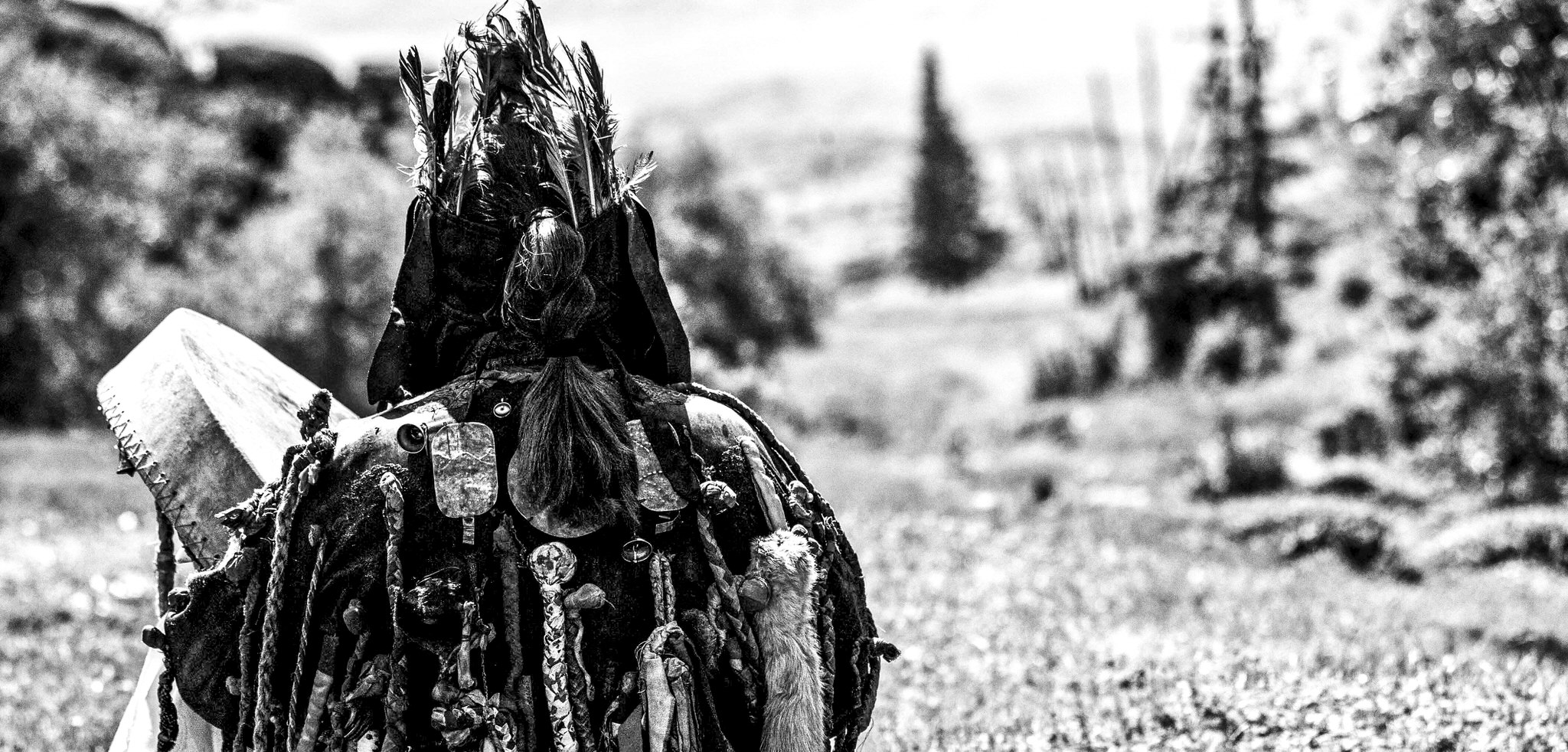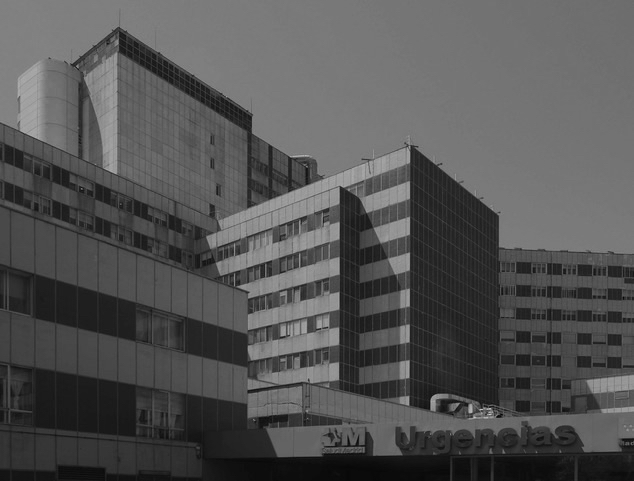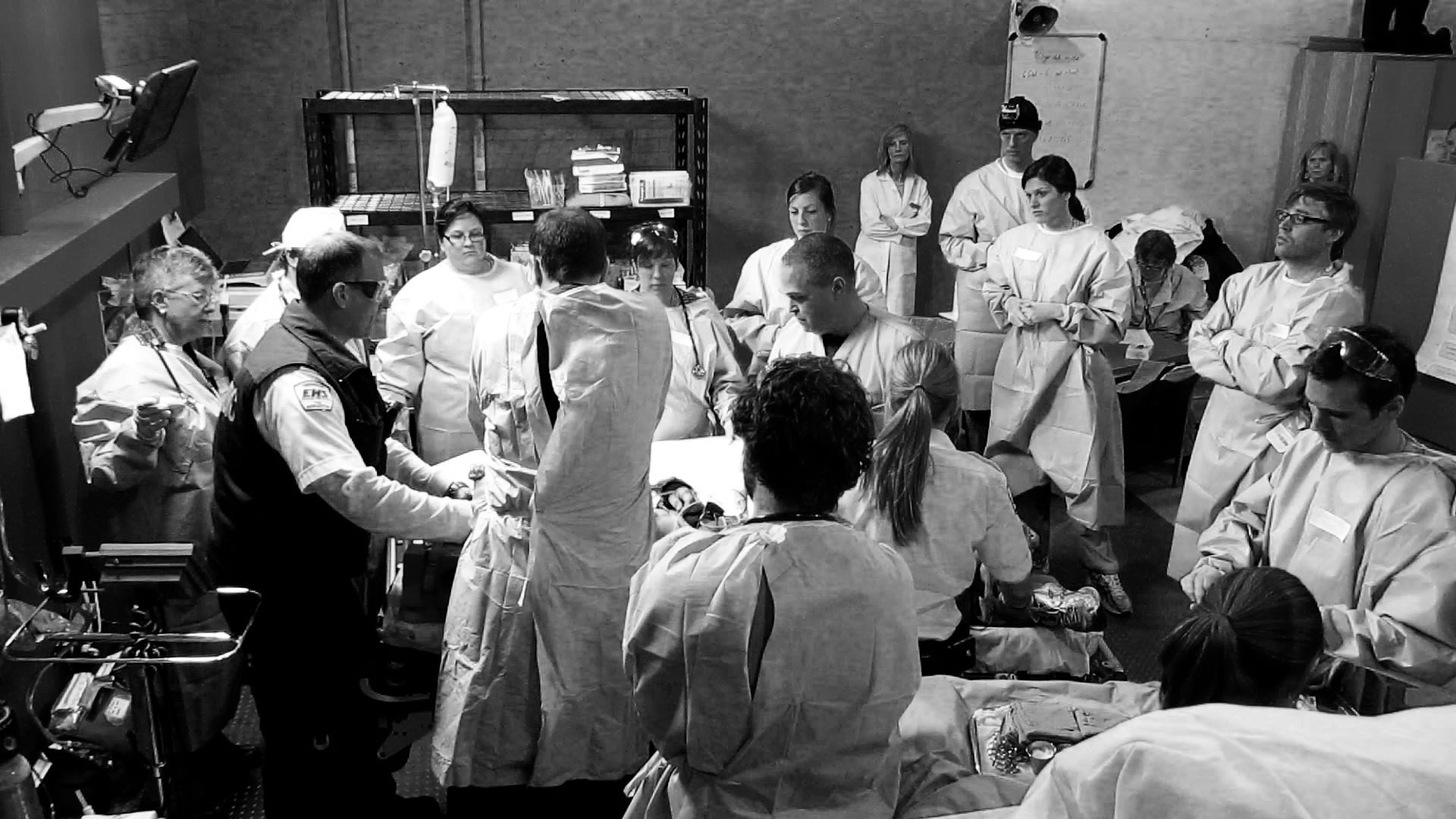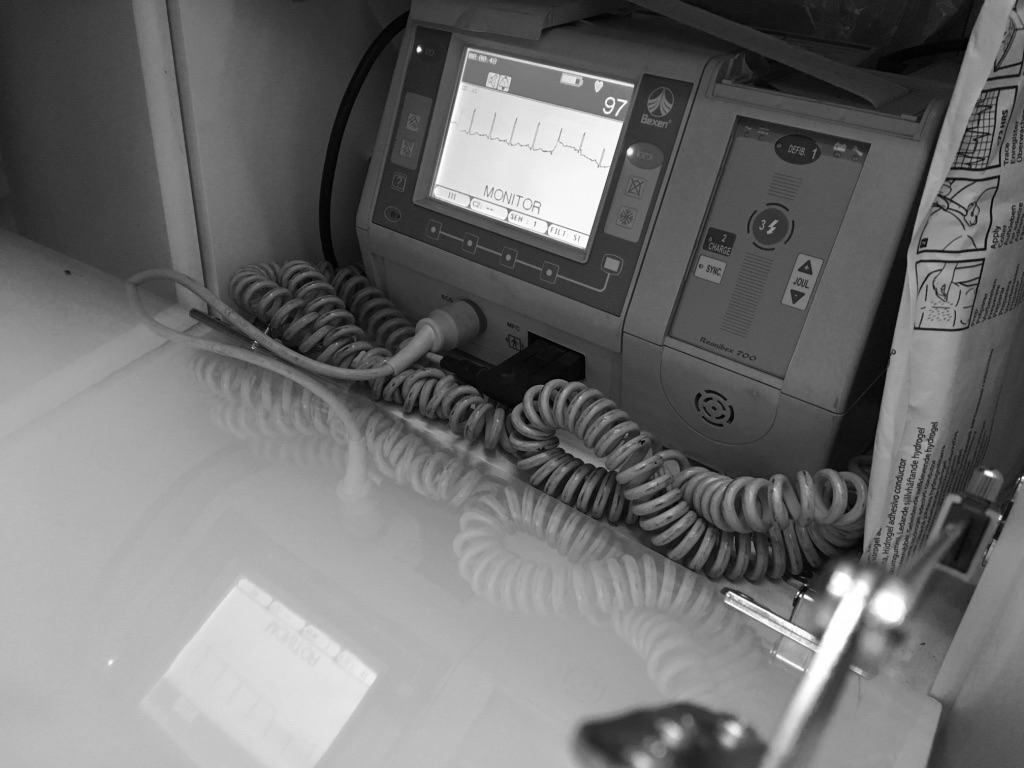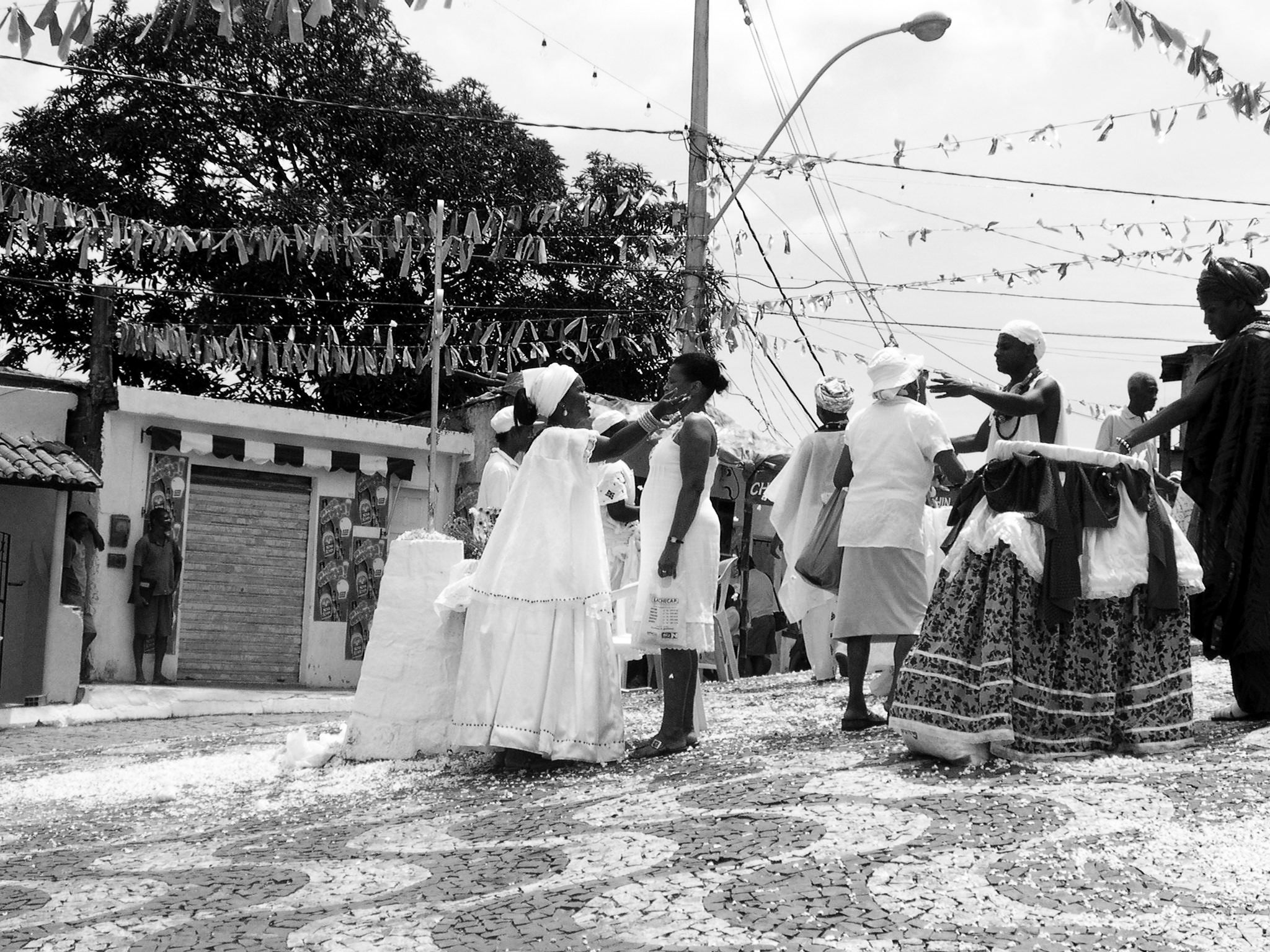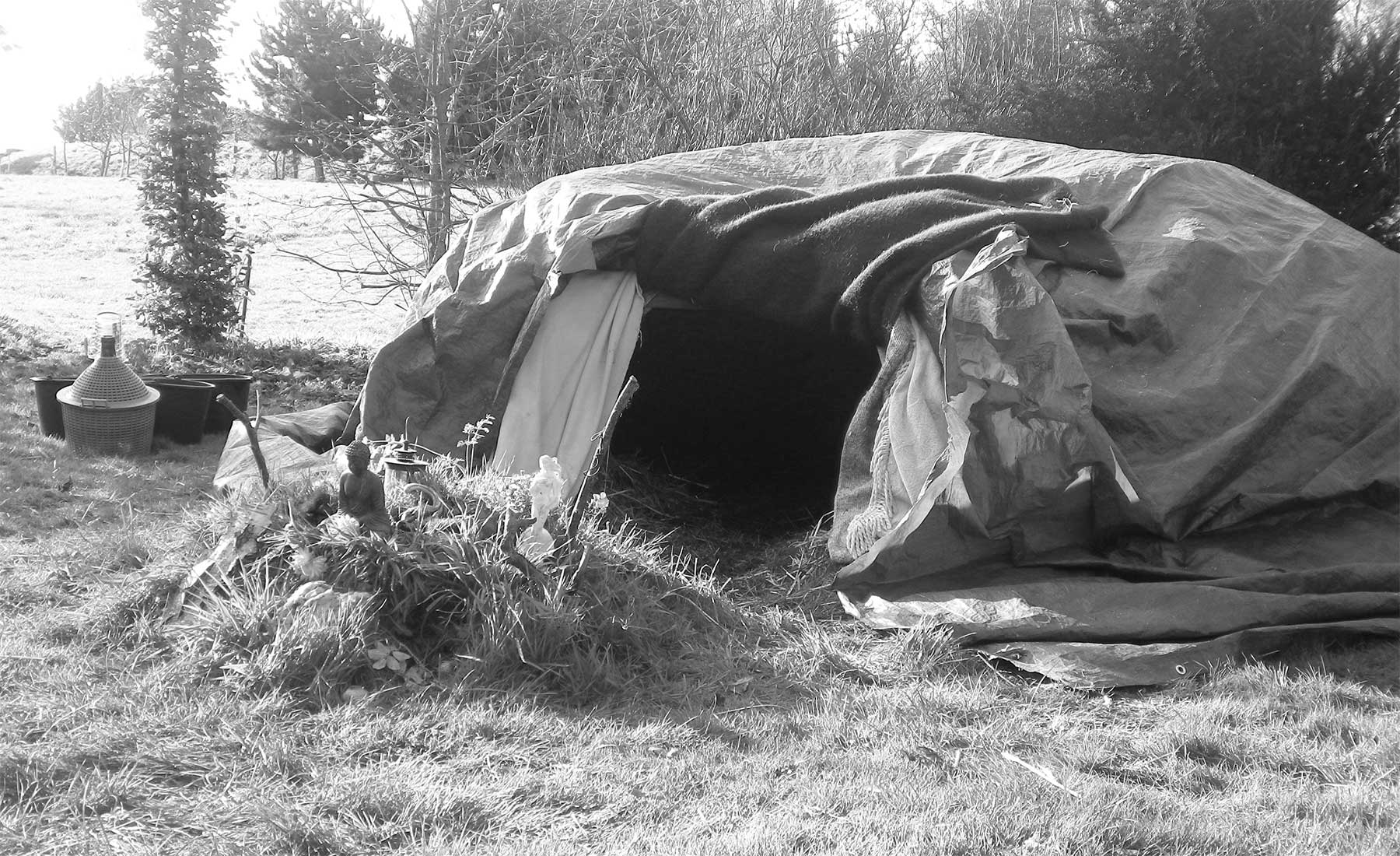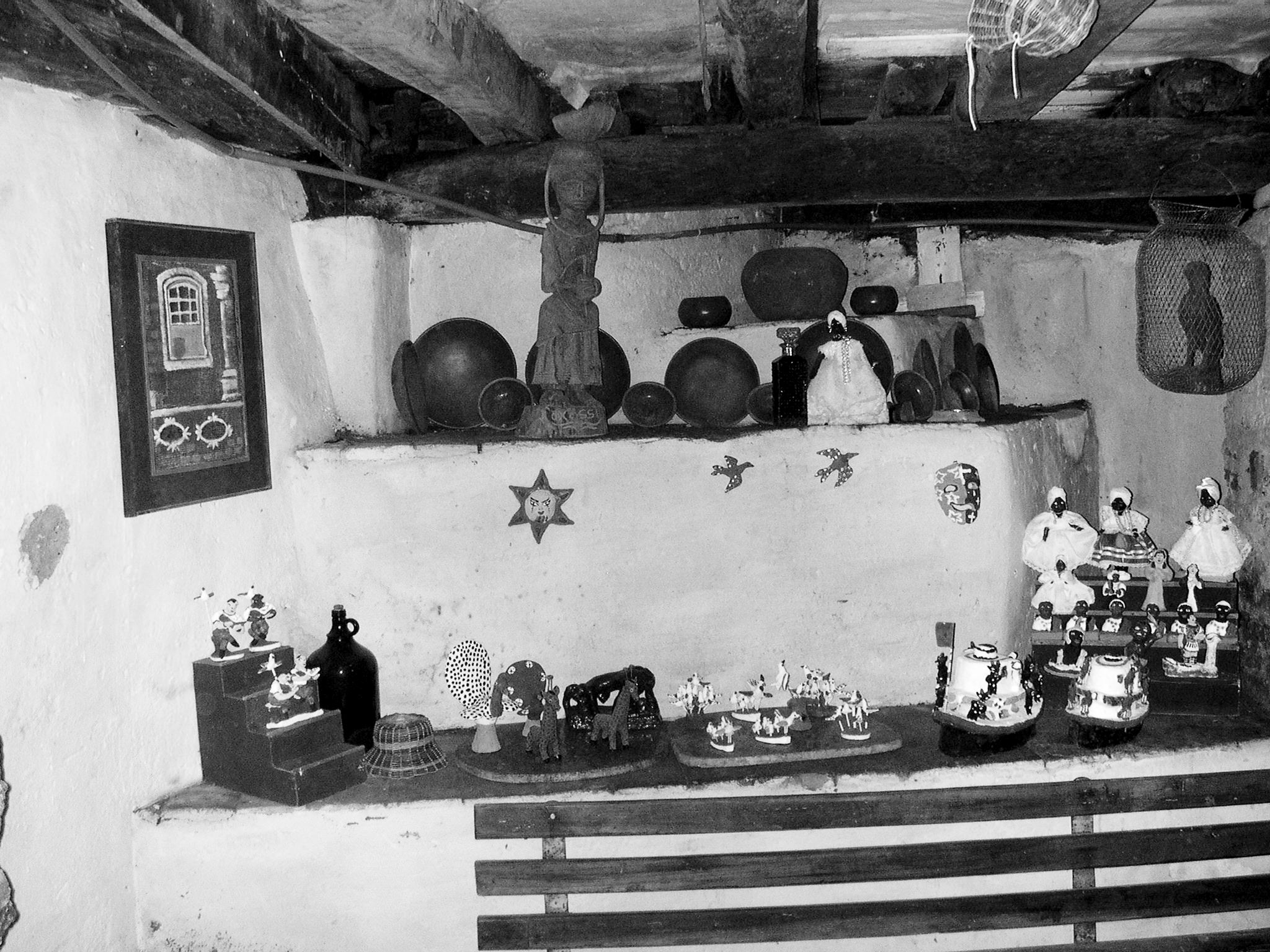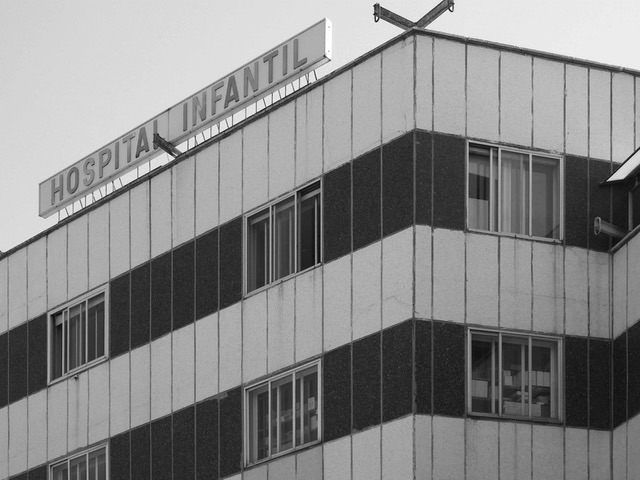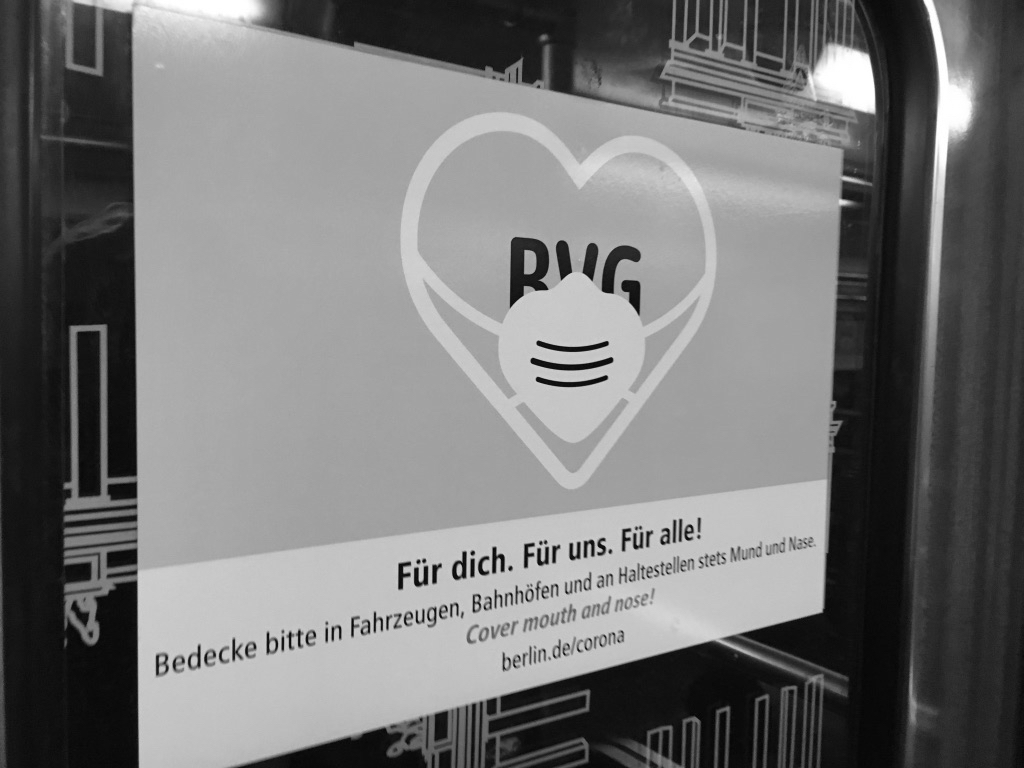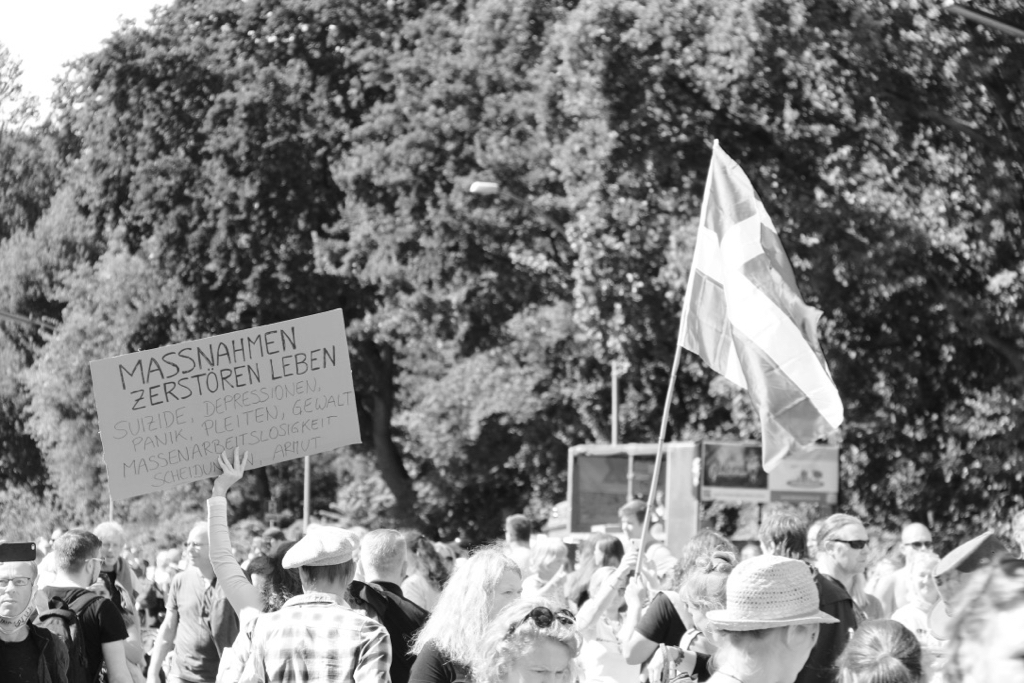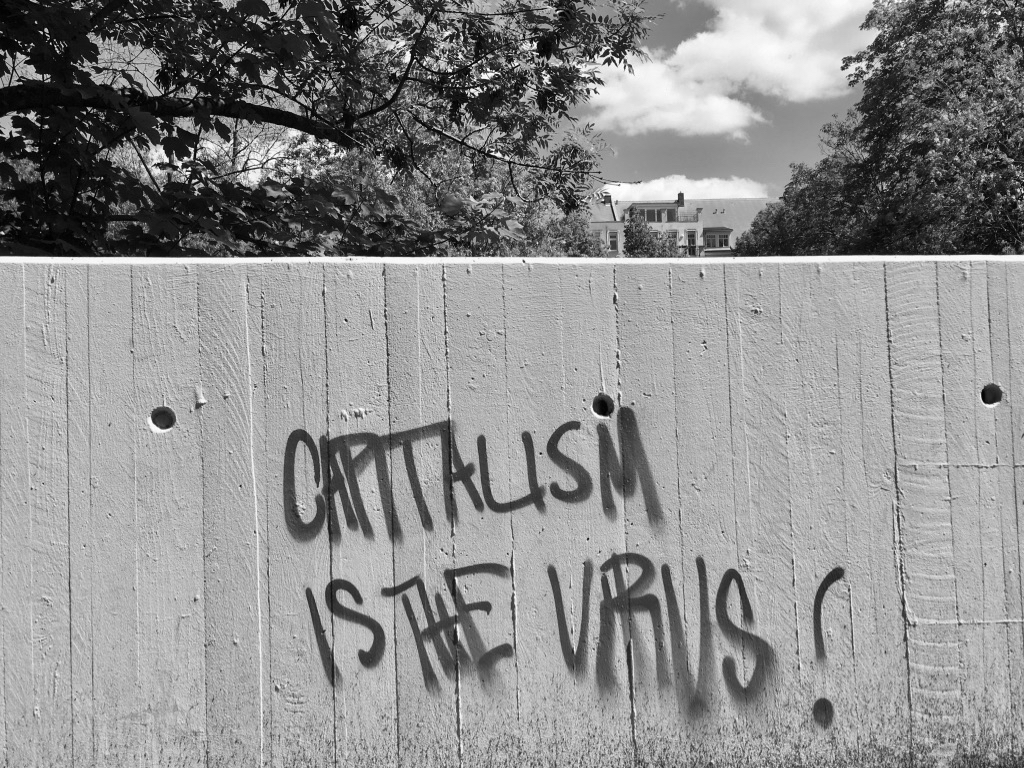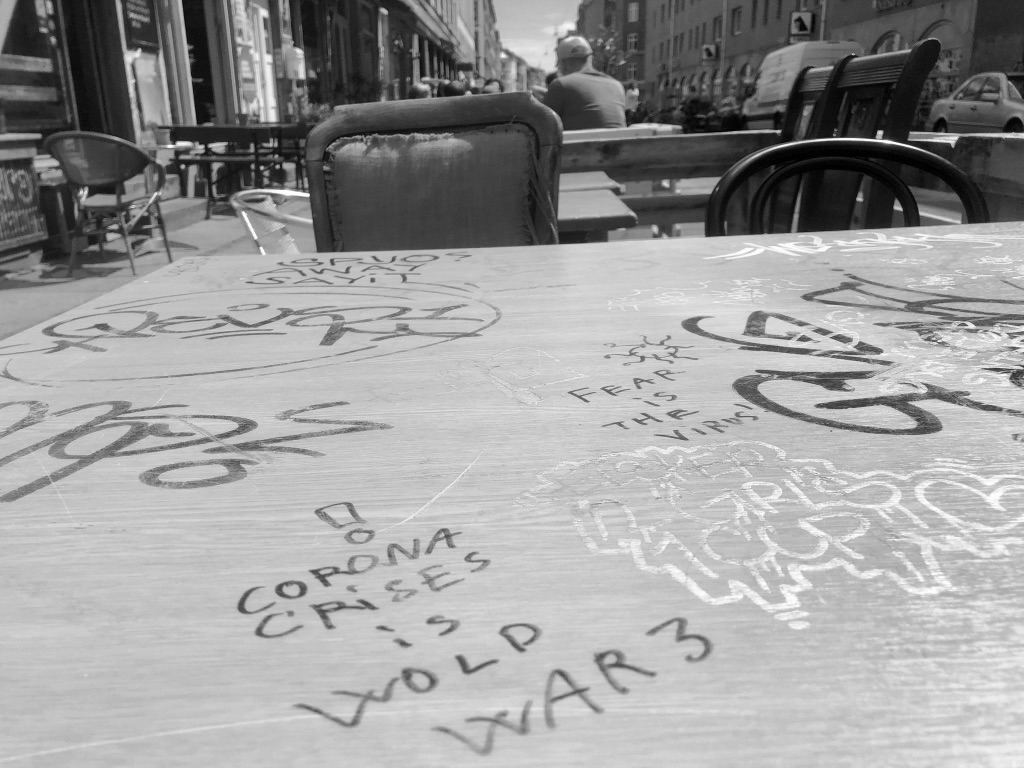AGEM
Willkommen bei der Arbeitsgemeinschaft Ethnologie und Medizin (AGEM)
Die AGEM ist ein 1970 gegründeter gemeinnütziger Verein mit dem Ziel, die Zusammenarbeit zwischen der Medizin, den angrenzenden Naturwissenschaften und den Kultur‑, Geistes- und Sozialwissenschaften zu fördern und dadurch das Studium des interdisziplinären Arbeitsfelds Ethnologie und Medizin zu intensivieren.
Was wir tun
- Herausgabe der Zeitschrift Curare
- Durchführung von Tagungen
- Dokumentation von Literatur und Informationen
Curare
Zeitschrift für Medizinethnologie
aktuelle Ausgabe | Archiv aller Ausgaben | Call for Papers
Veranstaltungen
From Digitalisation to Artificial Intelligence: New Scenarios for Health and Medicine
Konferenz
Joint Conference AIS – Sociology of Health and Medicine Section / STS Italia
Call for Abstracts for the conference „From Digitalisation to Artificial Intelligence: New Scenarios for Health and Medicine”
Important Dates
- Deadline for abstract submission: 30 November 2025
– Notification of outcomes: 15 December 2025
– Conference: 12–13 February 2026
– Venue: Trento, Italy
The increasing diffusion of technologies supporting diagnosis, treatment, rehabilitation, and administrative management in healthcare is accompanied by a complex set of socio-technical expectations, which foreshadow profound transformations in clinical practice and organisational models of services, with the promise of more integrated, efficient, and sustainable socio sanitary systems. Although expectations of transformation cyclically accompany every new „next big thing”; techno-scientifically presented as revolutionary for the world of care, those that have emerged in recent years appear qualitatively different, pervasively intertwined with social, economic, and political dynamics that amplify their potential impact. Expectations regarding the application of Artificial Intelligence (AI) to medicine, already present since the 1960s, now appear more concrete due to its increasing diffusion in multiple areas of social life.
The shared perception that current technological transformations are structural and not temporary can exert a drag effect, re igniting interest in innovations that previously remained marginal. Technologies such as blockchain for data management or robotics in surgical and rehabilitative fields, which had not previously achieved full integration, could thus find new application opportunities, contributing to further dynamics of change in the healthcare sector. The promises of change are embedded within a transforming framework. On the one hand, the adoption of AI tools moves in partial continuity with pre-existing healthcare digitalisation processes (e.g., telecare), whose adoption seems to have spread more rapidly as a consequence of the pandemic crisis. Compared to these changes, however, AI is not a simple extension of already known processes but introduces new logics and issues that require critical re-examination. On the other hand, the most recent technical innovations are called to confront a changed economic landscape (e.g., progressive reduction of public spending to support health services), ideological framework (e.g., health as an individual responsibility of patients), professional context (e.g., hyper- specialisation, liability, and professional profile enhancement), and increasingly complex policy environment (e.g., reforms of national health policies) that are the result of structural changes in society.
The conference, jointly organised by the Italian Sociological Association (AIS – Sociology of Health and Medicine Section) and the Italian Society for Science and Technology Studies (STS Italia), aims to foster dialogue between two scientific communities that, from complementary perspectives, contribute to the critical understanding of processes intertwining health, medicine, and technological innovation. While sharing numerous theoretical and methodological affinities, the sociology of health and medicine has traditionally focused on the social, cultural, and ethical dimensions of illness, care practices, and health policies, investigating themes such as inequalities, representations of health, and the role of healthcare professions and organisations. Science and Technology Studies, instead, have focused more on the analysis of co-production processes between science, technology, and society, exploring how technologies are designed, adopted, and regulated, and how they, in turn, shape social practices and institutional configurations. The complementarity between these two perspectives will enrich the collective understanding of how emerging technologies are transforming not only clinical practice but also experiences of illness and health, relationships between patients and professionals, and public policies.
In line with a strongly interdisciplinary approach, the conference is open to contributions from sociology, ethics, law, health economics, computer science, medicine, and information engineering.
We invite the submission of abstracts exploring a wide range of topics, including, but not limited to:
- Infrastructuring and governance of healthcare technologies
– Health data management policies
– Health policies and emerging technologies
– Healthcare policies and regulation
– Telemedicine, digitalisation, and new challenges
– Doctor-patient relationship in the digital era
– Ethics and AI in healthcare
– Robotics in healthcare
– Technological innovation and health inequalities
– Public perceptions and social acceptance of emerging healthcare technologies
– Processes of co-construction of health, illness, and technology
Abstracts should be between 300 and 500 words in length and must be submitted by 30 November 2025 using the provided form.
Participation in the conference is open to auditors only and does not require registration fees. All expenses, including meals, are the responsibility of the participants.
Organising Committee
Alberto Ardissone (University of Macerata), Flavia Atzori (Polytechnic University of Marche), Stefano Crabu (University of Padua), Marta Gibin (University of Bologna), Francesco Miele (University of Trieste), Veronica Moretti (University of Bologna), Enrico Maria Piras (Bruno Kessler Foundation), Barbara Sena (University of Bergamo)
For any information, please contact Enrico Maria Piras at piras@fbk.eu.
Cfp for Bodies, Vulnerabilities, Empowerment
Konferenz
In-person symposium, Belfast
Bodies, Vulnerabilities, Empowerment
Symposium
Orgnizers: Amanda Lubit, Milena Williamson, and Maruška Svašek.
Time: Friday 6 March 2026
Place: Wolfson Lecture Theatre, Seamus Heaney Centre, 38–40 University Road, Belfast
Call for Contributions (deadline: 15 Jan 2026)
Centre for Creative Ethnography, in collaboration with Seamus Heaney Centre, invites academics, students, poets and others to participate in a one-day, in-person symposium. The objective is to employ creative ethnography, poetry, and other modes of artistic exploration to explore how inequalities related to intersectionalities of gender, sexuality, race, religion, class, age, and/or disability are
– embodied and experienced
– embedded in wider societal structures
– politicised and resisted
Bodies: We invite submissions that investigate physicality, aging, mortality, emotional interaction, individual bodies and body politics.
Vulnerabilities: Related questions around inequalities, oppression, interdependence, and experiences of disempowerment and trauma are highly relevant.
Empowerment: We also welcome contributions that examine broader themes of bodily agency, resistance, and transformation.
Contributors might similarly consider relationships between artist’s bodies and bodies of work, exploring how concrete works exist in space, culture and society. Another relevant question is how creative practice can make us as creators both vulnerable and empowered. What are the complications of trying to express
- an individual experience
“The days are getting longer now, however many of them / I have left. / And the pencil I am writing this with, old as it is, will easily / outlast their end.” –Ciaran Carson’s “Claude Monet, Artist’s Garden at Vétheuil, 1880)
- a collective experience
(“All attitudes, all the shapeliness, all the belongings of my or your body or of any one’s body” –Walt Whitman’s “I Sing the Body Electric”)
We encourage, but do not require, submissions that incorporate a performative element. Performances can include, but are not limited to, readings, dance, visual arts and crafts, sound, and film.
FORMAT: Each contributor will have up to 15 minutes for their presentation, demonstration and/or performance. If you wish to contribute, please send a 200-word abstract and a 100-word bio to CFCE@qub.ac.uk by January 15, 2025. Please specify the format of your contribution. If you are doing a demonstration and/or performance please let us know what that will involve.
KEYNOTE: Bebe Ashley
Bebe lives in Northern Ireland. Her debut collection Gold Light Shining (Banshee Press) was selected for Read Mór in 2022. In 2023, Bebe received the Ivan Juritz Prize for Creative Experiment (Text) for work which was later published in her second poetry collection Harbour Doubts. In 2024, Bebe received a Creative Practitioner Bursary from Belfast City Council, and in 2025, received the British Council Fellowship for Bundanon, Australia. For more details, please see here: http://www.bebe-ashley.com/
Zukunftsbilder Globaler Gesundheit
Konferenz
Tagung der evangelischen Akademie Tutzing
